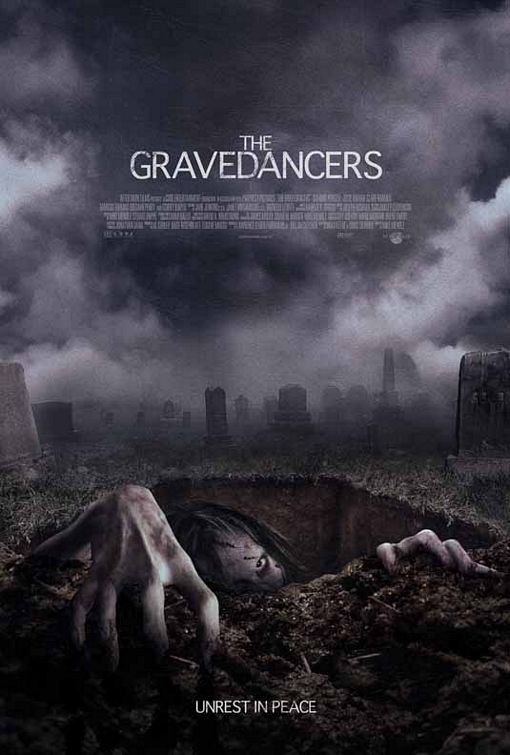- Love the @instagram @color contrast in this post http://read.bi/j7bTBf #
- In Waterloo hanging with @jrodgers @josephfung talking @tribeHR @UWVelocity #
- I am going to open an incubator for VCs. You get some seed capital and a kick in the pants! #
- New job posted: Insanely smart web developer / Top Hat Monocle / Waterloo, ON, Canada ($500 Referral Reward) http://bit.ly/mHkRG0 #
- FreshBooks is hand delivering invoices in Toronto – http://bit.ly/jxmdYr #CanadaPost vs @SaulColt #
- New job posted: Web Dev / Mugo Web / Vancouver, BC, Canada http://bit.ly/iowj5d #
- The Great Grilled Cheese Bubble of 2011 – http://nyti.ms/k2jXAA #
- Waterloo Hacker News meetup! http://bit.ly/ksKp7g #
- Added @mike_j_potter "Desparately Seeking Early Adopters" post to HackerNews http://bit.ly/kQekY0 #
- 21 #mustread Resources for Startup Marketing http://bit.ly/iyBTeV #
- RT @fredwilson: There Aren't Many Exits Over $100mm http://bit.ly/jNaUHh and @msuster source post http://tcrn.ch/l6s8ji #mustread #
- The Gravedancer Fund http://bit.ly/lWCw9y #
- RT @JonasBrandon: Congratulations to @Desire2Learn on the acquisition of @Metranome – http://bit.ly/kC8Ckc #
- RT @aprildunford: The one process every #startup should have http://bit.ly/k8H9HU On hiring – love it #
- RT @JonasBrandon: Meeting Vancouver startups w/ @DEMO join us at Granville room Thursday at 7pm – http://bit.ly/iFGRrg #FreeBeer #
- New job posted: Rockstar Web Engineer / Uken Games / Toronto, ON, Canada ($300 Referral Reward) http://bit.ly/jpbkGA #
June 2011
Let’s remove “entrepreneur” from the dictionary
Editors Note: This is a guest post by Brian Sharwood (LinkedIn, @bsharwood). Brian is the President of Homestars (@homestars), the leading online free listing and rating company for Home Improvement specialists. Prior to HomeStars, he was a research analyst and principal of SeaBoard Group. Brian holds an MBA from Babson College in Boston and a bachelor of Arts from the University of British Columbia.

![]()
![]()
![]() Some rights reserved by ohmann alianne
Some rights reserved by ohmann alianne
I hate the word entrepreneur. It is overused. It has lost all meaning. Everyone is an entrepreneur these days. From the increasing attendance at DemoCamp, Startup Drinks, and Sprouter events around Toronto and across Canada you can find “entrepreneurs” that are people with ideas, corporate PR folks, lawyers, wedding businesses, etc. It ranges from founders of tech ventures to people looking for get rich quick schemes. In short who is an entrepreneur? Well just about everyone.
The term entrepreneur is meaningless.
I propose we split the people who live under the current word “entrepreneur” into three new words (which I won’t attempt to coin) which help us understand who these so-called “entrepreneurs” really are.
The Entrepreneur as Artist
These are the people with the great ideas. They are ones that are trying to change the world with something that’s never been done or seen before. In the tech world, they are often the hackers, who build a new web application with a vague idea of how they might make money for it. They might be the business person who sees a better process and sets it up, either on their own or within an existing enterprise. They are building something not for the money because it’s satisfying for them to create something that others love. I constantly run across great ideas and great web apps that I say ‘that’s great, but I wouldn’t pay for it’, or I might just appreciate it for the sheer ingenuity of it, or it might be something to purchase to incorporate into another larger product. These are the creators of the ideas for the new economy.
The Entrepreneur as Small Business Owner
This is probably the group of people that encompass most of the people we encounter who label themselves entrepreneurs. They build businesses and run from from the consultants like April Dunford, bringing marketing insights and analysis to growing tech companies, to Jarrett Jastal, one of our clients, who runs StoneCote, a stone flooring company out of Hamilton. Running a small business is tough, and these people deserve to be lauded for taking risks and building companies. Often scrambling to meet payroll, watching a bank account dwindle, and trying to solve the many problems of operations. But many, if not most of these businesses are relatively small and non-scalable. They often rely on the skills and expertise of the founders and operators of the company rather than a product or brand. Another key ingredient to growth is risk, and these are our risk-takers.
The Entrepreneur as Visionary Executor.
The last group are the visionary executors. These are the people that the venture capitalists are looking for. The people who see the great idea, and know how to turn that idea into a business. They don’t necessarily need to be the founders, or even the people with the idea, although they often are. They are the ones who take that idea and make it into a business. Ted Rogers didn’t invent the products he sells, but he is the business visionary and executor who took a lot of great products and made them into a business through vision, foresight and understanding the market. Our innovation economy is driven by these people who take ideas, see opportunities and make businesses.
It’s the visionary executor that we want in this country, building world leading businesses, taking great products and building businesses out of them. The small business people, and the artists are the required support. They provide the ingredients for the visionary to work with.
So let’s forget the word entrepreneur or even founder, and define the term so we can understand who really changes the economy of this country.
Editors Note: This is a guest post by Brian Sharwood (LinkedIn, @bsharwood). Brian is the President of Homestars (@homestars), the leading online free listing and rating company for Home Improvement specialists. Prior to HomeStars, he was a research analyst and principal of SeaBoard Group. Brian holds an MBA from Babson College in Boston and a bachelor of Arts from the University of British Columbia.
The Gravedancer Fund
 It’s painfully obvious and we should stop ignoring the facts: RIM is cratering and there is nothing that can be done to save them, short of firing the confused people who are running the show these days.
It’s painfully obvious and we should stop ignoring the facts: RIM is cratering and there is nothing that can be done to save them, short of firing the confused people who are running the show these days.
I won’t comment on what exactly is happening at RIM, there are more than enough people doing that these days, but instead I think it is time for Canada to think about how to mitigate our losses here as the attrition continues. I am more interested in how we go in to damage mitigation mode. I think there is an obvious thesis developing for one or two new funds to camp out in Waterloo and focus on extracting the value locked up in RIM.
A gravedancer fund would focus specifically on leveraging the talent and IP as it spins out of RIM in Waterloo. It would hasten the gutting, no doubt, but somebody has to do it and it may as well be someone based in Waterloo.
So, who is going to raise the Gravedancer Fund and where do I sign? Waterloo is on it’s way to becoming the center of startup activity in Canada and the death spiral of RIM needs to be seen as an opportunity, not a threat.
